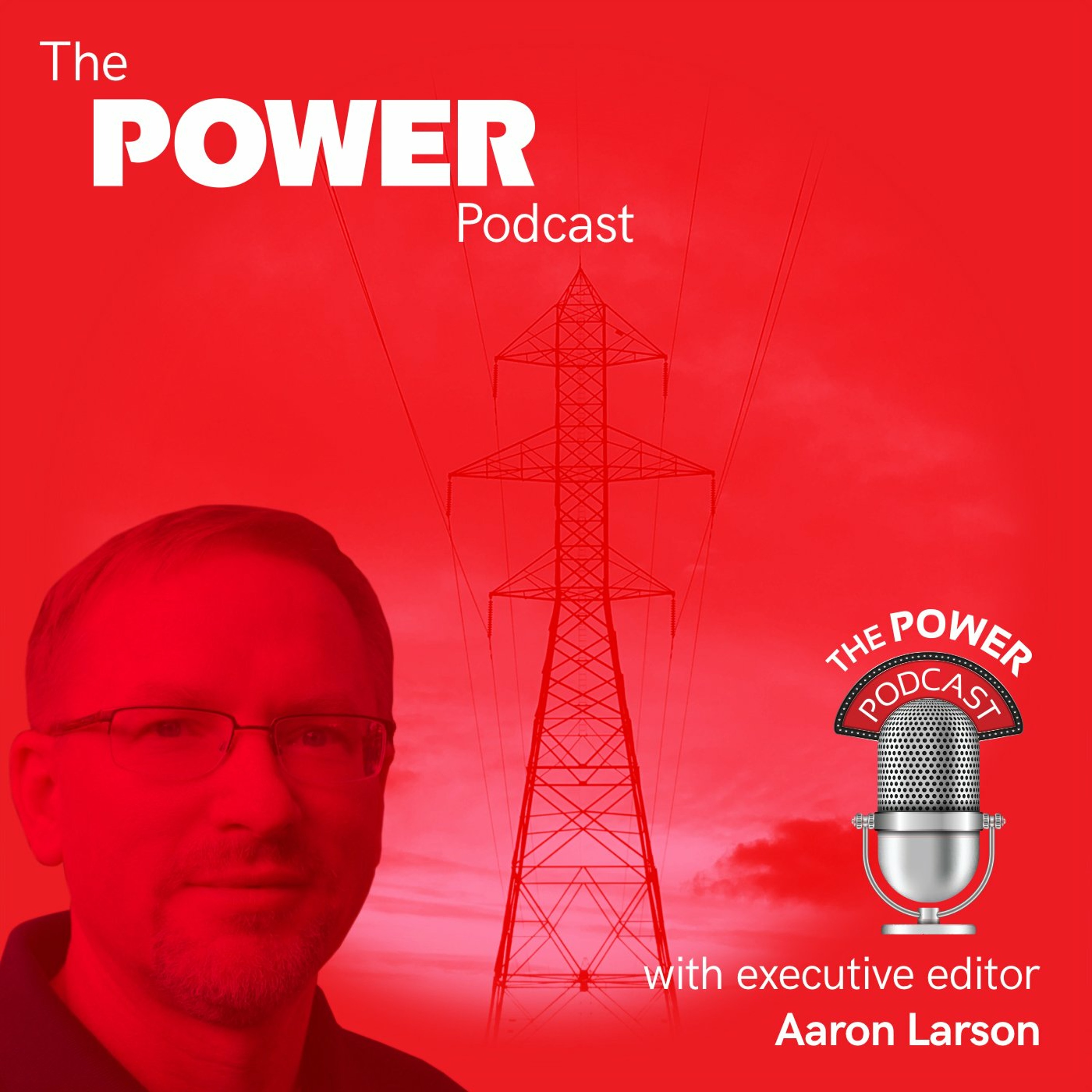
36. Reversing Climate Change with Nuclear Power - Bret Kugelmass
The POWER Podcast
Shownotes Transcript
Reversing Climate Change with Nuclear Power. According to the Energy Impact Center, a Washington, D.C.-based research institute focused on deep decarbonization, CO2 emissions “must go net-negative by 2040, globally across all energy sectors” to begin countering climate change. The only way it sees to accomplish this is to “produce energy inexpensive enough to make carbon negative fuels that compete with fossil fuels on a global market without tax or subsidy,” and it says nuclear fission is the only energy source that can match cost, deployment, and timeline constraints. Bret Kugelmass, managing director of the Energy Impact Center, was a guest on The POWER Podcast. He elaborated on his group’s thesis and offered a path forward. “I think the problem that often goes unacknowledged is that even if you went net-zero emissions across the globe in every single sector—agriculture, industry, heat, electricity, transportation—that wouldn’t be enough to stop climate change,” Kugelmass said. “The real challenge toward solving climate change is to remove all of the existing emissions as well—get us back to the levels that we had in 1750, under 300 ppm—only then are you going to prevent climate change. “If you look at the problem from that perspective, the only energy source that has a small enough carbon footprint to totally account for its lifecycle emissions is nuclear energy,” said Kugelmass. “The one issue is how do we build them cheap and fast, and how do we create an ecosystem of stakeholders, whether they be construction companies, customers, utilities, governments, whoever it is, that is focused on that one thing?” Kugelmass asked. He said the Energy Impact Center has worked with universities, the Department of Energy, utilities, and think tanks to develop partnerships dedicated to solving the issues.